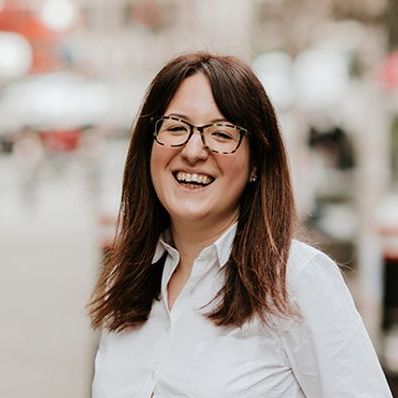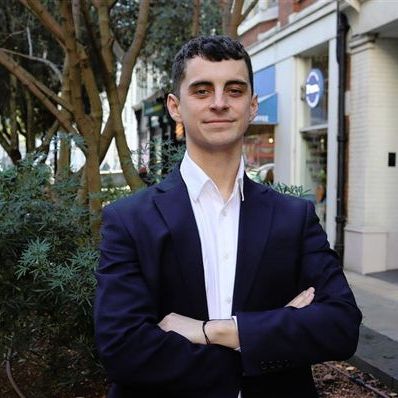i-Insight: Waltham Forest’s digitally-driven COVID-19 Citizens’ Panel
The COVID-19 pandemic has presented Waltham Forest with unprecedented challenges. From rapidly evolving government guidelines to the serious impact of the pandemic on our residents – each of these problems demanded a response rooted in the diverse attitudes, experiences and needs of Waltham Forest’s communities. Our COVID-19 Citizens’ Panel emerged out of these circumstances. We recruited a panel of 75 residents, representative of the borough’s population in terms of ethnicity, gender, age, disability and socio-economic status, who would be regularly consulted to directly inform the Council’s approach to the pandemic. Whether through a survey, a focus group, an in-depth 1:1 interview, or an all-panel event, panellists were given a regular voice. Importantly, the imperative to run the panel safely (meaning all our activities had to be done online), alongside the diversity of the panel and what was at stake, presented an opportunity to do research in an interactive, digitally-driven way.
Being digitally-driven has opened up a spate of different means of engaging with panellists and collecting data. We have experimented with survey software, not just to present panellists with simple dichotomous questions or checklists, but also to invite them to send us images representing what they’re most looking forward to after lockdown, or to rank different priorities for the Council moving forward. The variety of tasks and the creativity that they incite from panellists here is part of the reason why we have fantastic levels of engagement and a high level of retention – with only a couple of panellists withdrawing from the project over the nine months that the panel has been running. Using technology to offer a range of different kinds of questions has also produced some really engaging, more impactful and more meaningful outputs, switching up the usual format of a research report: with collages, word clouds, election-style ranked-choice priorities, and more.
We’ve also found a digital approach has not distanced us and the panellists but has rather brought us closer, allowing us to build consistent relationships and a project identity. Microsoft Teams and Zoom has allowed us to hold all-panel events and focus groups more frequently and at dramatically lower costs than if we held them in a hall – meaning we have been able to interact with the whole panel, and that panellists know every member of our team by name, feel part of a community of citizen researchers invested in supporting Waltham Forest’s recovery. The rapid pace and turnaround of insights that comes with this proximity to our panellists has also meant we can be given a challenge or focus, design a research project, collect the data and produce a report all within a ten-day cycle, ensuring decision-makers can make timely and relevant decisions informed by our panellists.
When our Public Health team approached us with information that transmission rates were high among our borough’s South Asian community, we were able to quickly set up a focus group with our panel members of South Asian heritage to understand the impact the pandemic was having on them. Using participation platforms like Commonplace we explored people’s attitudes to social distancing, where they look to for information and their level of compliance with government guidelines. The findings from this heavily influenced our communications strategy and fed into our Public Health team’s approach.
Ultimately, our all-digital panel has enabled a rapid, multi-pronged and community-oriented approach to insight, which has been instrumental to shaping our borough’s response to, and recovery from, the pandemic. We have been able to ensure residents’ voices are heard and kept at the heart of everything we do.




